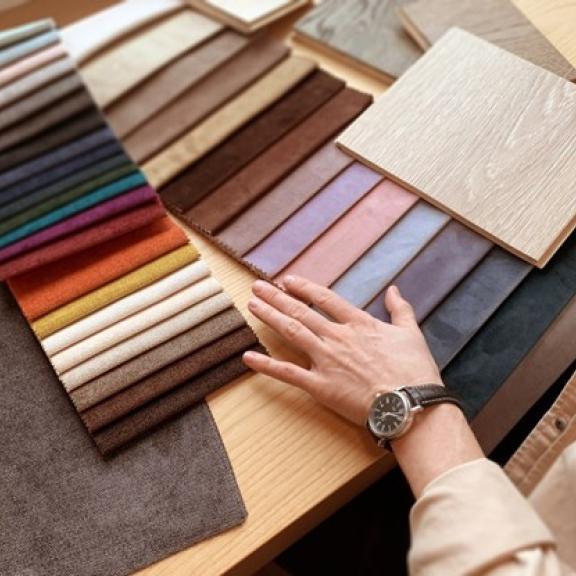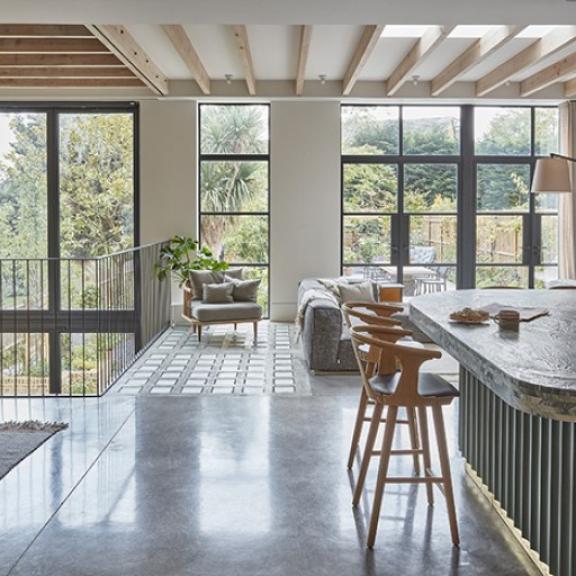Why Do You Need a Contract?
We have looked at some of the key reasons interior designers should always have a contract with their client, regardless of project size.
What is a contract?
A contract is a written or spoken agreement that is enforceable by law. This article will focus on the importance of a written agreement. The BIID Code of Conduct requires all BIID members to have a written agreement with their clients.
Why have a contract?
From a legal perspective a contract/written agreement provides clarity on what everybody is doing and the obligations and rights of each party. It is the starting point for any questioning or disagreements on those obligations.
What should be included?
A contract should include everything a client will want to know:
- What services are they getting?
- How much will those services cost?
- What happens if something goes wrong?
The contract should include: a schedule of the services you will provide, your fee and the programme for delivery. As important as it is to include what you are responsible for, it is equally important to state when other consultants/contractors are responsible for particular services. The 'RIBA/BIID Professional Services Contract 2020: Interior Design Services' has been created to include everything necessary for interior design projects, domestic and commercial, in an easy-to-understand format.
Why is Schedule of Services so Important?
The Schedule of Services is essential in ensuring that a contract is agreeable to both sides and is fit for purpose. The Contract Conditions will usually stay the same across projects but the Schedule of Services will be different for each project.
Do small practices need a contract?
Whether you are a sole practitioner working on a small domestic project or a large practice working on a major development, the need for a contract is the same. In some instances, it is even more important on a smaller project. Most residential clients are not design and construction experts. For many it will be their first big project, making it even more important to have terms clearly started at the start.
It is important to have terms clearly stated at the start. As experts its important for interior designers to prepare clients for the journey that will follow; a contract can be any excellent guide for the process.
Should the contract include the role of Principal Designer?
Clients might expect the Principal Designer role to be included as part of the service offered by a designer. It is important to be clear that this is a separate legally defined role with specific health and safety duties. A more detailed explanation of the Principal Designer role can be found in the BIID's article on What are an interior designer's responsibilities under the CDM regulations 2015. It is also important for the client to understand that they also have duties under these regulations. Always ensure it is clear at what stages you are and are not Principal Designer.
What if something changes?
If the contract has been created to be fair and balanced, with the appropriate level of detail in your Schedule of Services, then changes along the way should not be a problem. Circumstances might change but the level of care does not and your response should be reflective of that. It should be evident from the contract if the change is included in the initial timeline and fees.
Should we sign a bespoke contract offered by a Client?
A bespoke contract from a client is never ideal. However when a large client insists on a bespoke contract, particularly a local authority or similar, it is sometimes unavoidable. However, any bespoke contract should be reviewed by a lawyer and not signed unless you are satisfied that you're comfortable agreeing to the conditions it includes. At the very minimum insurers need to confirm that your policy will cover the project and most will be willing to look over the agreement. It is important to know that you can still negotiate terms in these contracts if you feel they do not protect both sides fairly.
Why is it so important the document is balanced?
It is essential the contract is balanced in order to protect both parties. To ensure this is the case you should either use the ‘RIBA/BIID Professional Services Contract 2020: Interior Design Services’ or use a bespoke contract that has been drafted and/or reviewed by a lawyer. When a contract is considered to be unfair to a client, for example if it breaches legislation such as the Consumer Rights Directive, the contract may be invalid. Equally it is important not to sign up to terms that are unfair to the designer in order to win business in these competitive times.
The ‘RIBA/BIID Professional Services Contract 2020: Interior Design Services’ is fair for both sides and has been drafted by a team of interior designers and architects assisted by lawyers and other specialists. BIID Members will receive 50% discount on the purchase price of the digital contracts throughout 2021 when they use the discount code.
If you have previously used the CID/14 contract and are unsure about switching, you may be interested to read 5 reasons to Switch to the New RIBA/BIID Professional Services Contract.
I had accepted an email exchange to go ahead and in error, overlooked the contract stage in order to get started ASAP. I estimate I am now £22,000 out of pocket and the matter is not resolved.
Explore the latest, member-exclusive, templates designed to make your life easier.
What happens to material samples once a project comes to an end? Discover Second Life Samples with Swatchbox.
With the launch of the new residential category for this year's awards, get inspired by these award-winning homes
Explore new resources from the BIID. Seeing a padlock? Just login or become a member to view.
With the launch of the new residential category for this year's awards, get inspired by these award-winning homes
Explore new resources from the BIID. Seeing a padlock? Just login or become a member to view.




